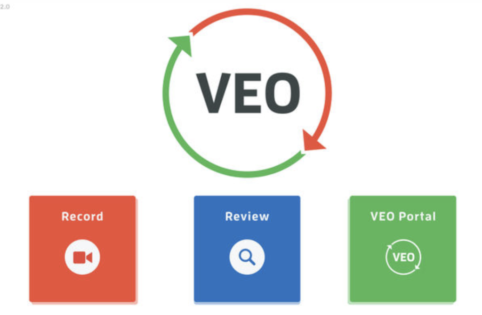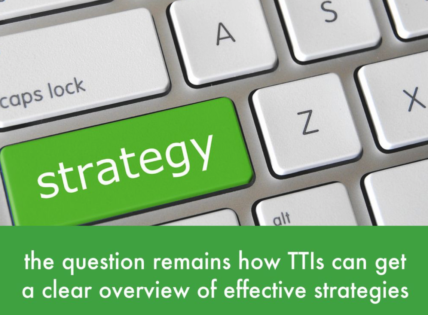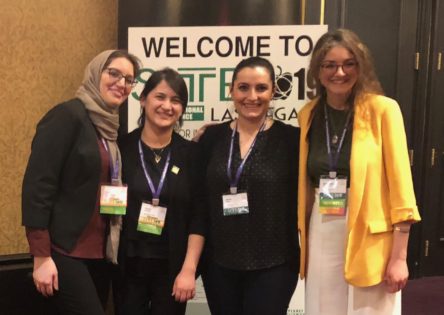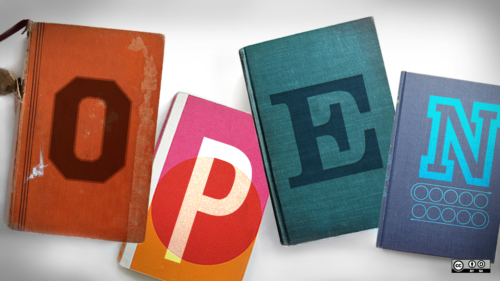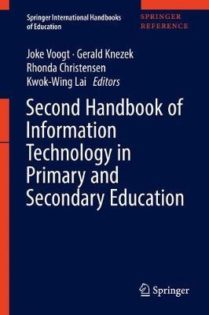Our project, ““Create, Design, and Innovate” received the College of Human Sciences Innovative Teaching Initiative Grant. The purpose of this project is to develop open course modules that will use design thinking as a model to help preservice teachers translate the entrepreneurial mindset into the design of learning technologies.
The modules will aim to (1) provide preservice teachers first-hand experiences on what it means to be an entrepreneurial educator in the context of learning technologies and (2) scaffold their design and implementation of entrepreneurial ideas into practice with the design thinking approach.
The modules will include a variety of hands-on experiences, exemplary scenarios, and methods to develop such skill-set among preservice teachers. The modules will be integrated into the existing courses in the Learning Technologies minor in the School of Education. This collaborative effort aims to converge the disciplines of Education (Dr. Evrim Baran, School of Education, Dr. Denise Schmidt-Crawford, CTLT), Design (Dr. Seda McKilligan, Industrial Design), and Entrepreneurship (Judi Eyles, Pappajohn Center for Entrepreneurship).


